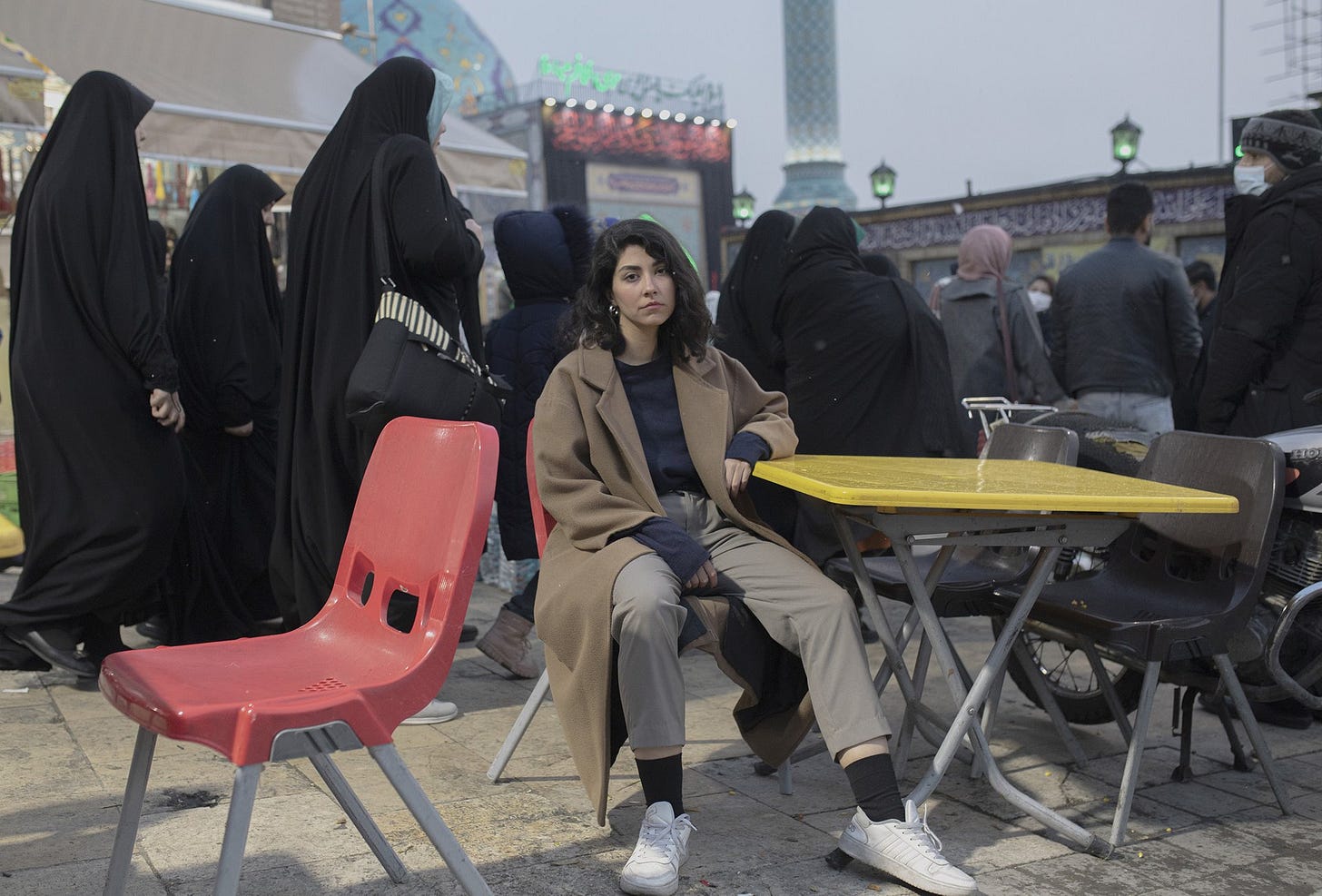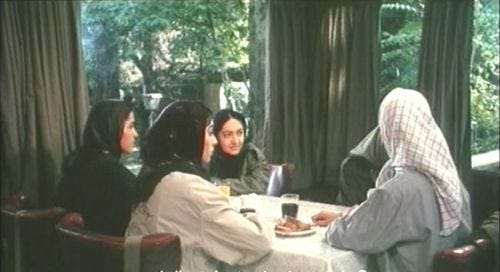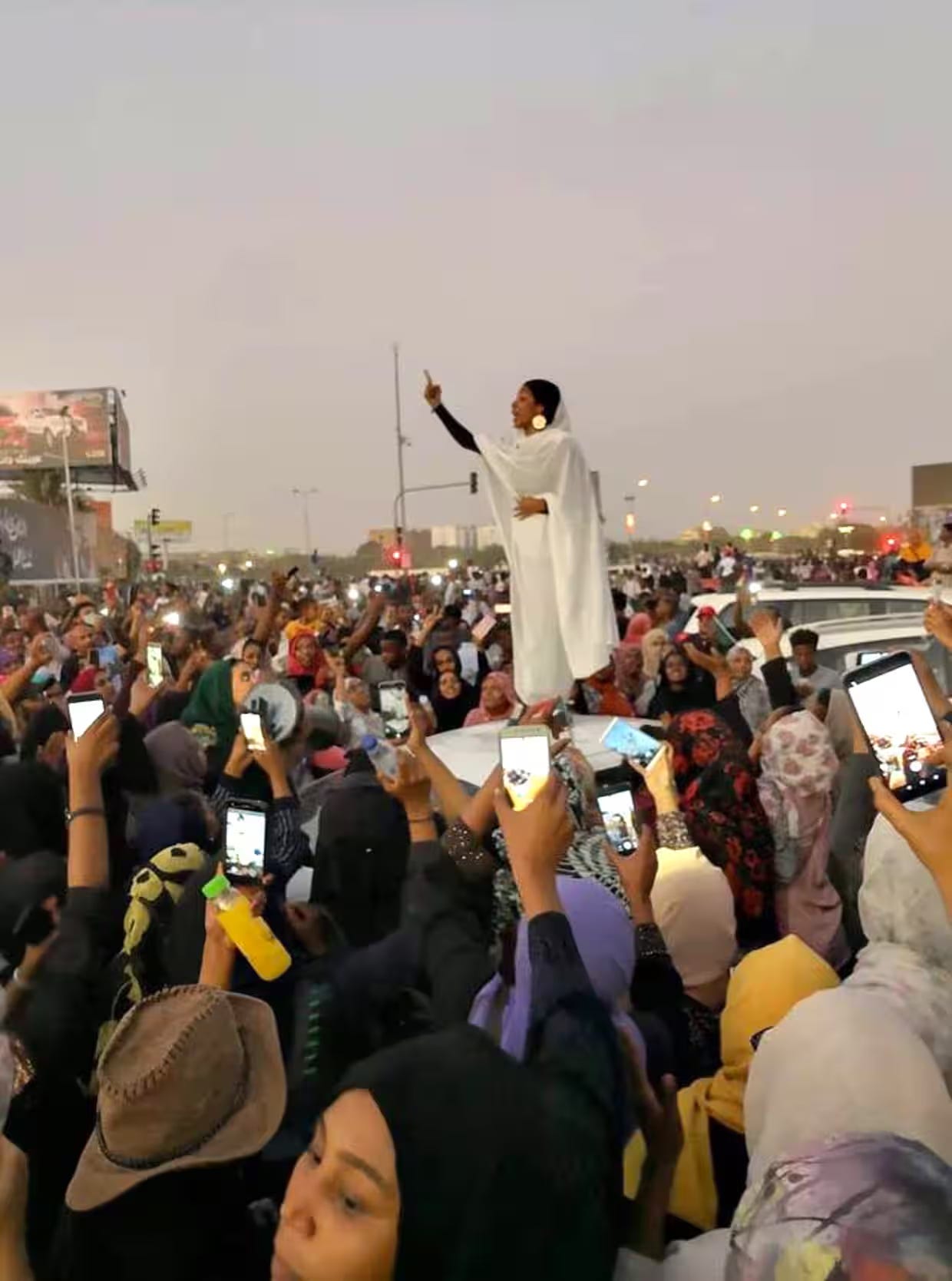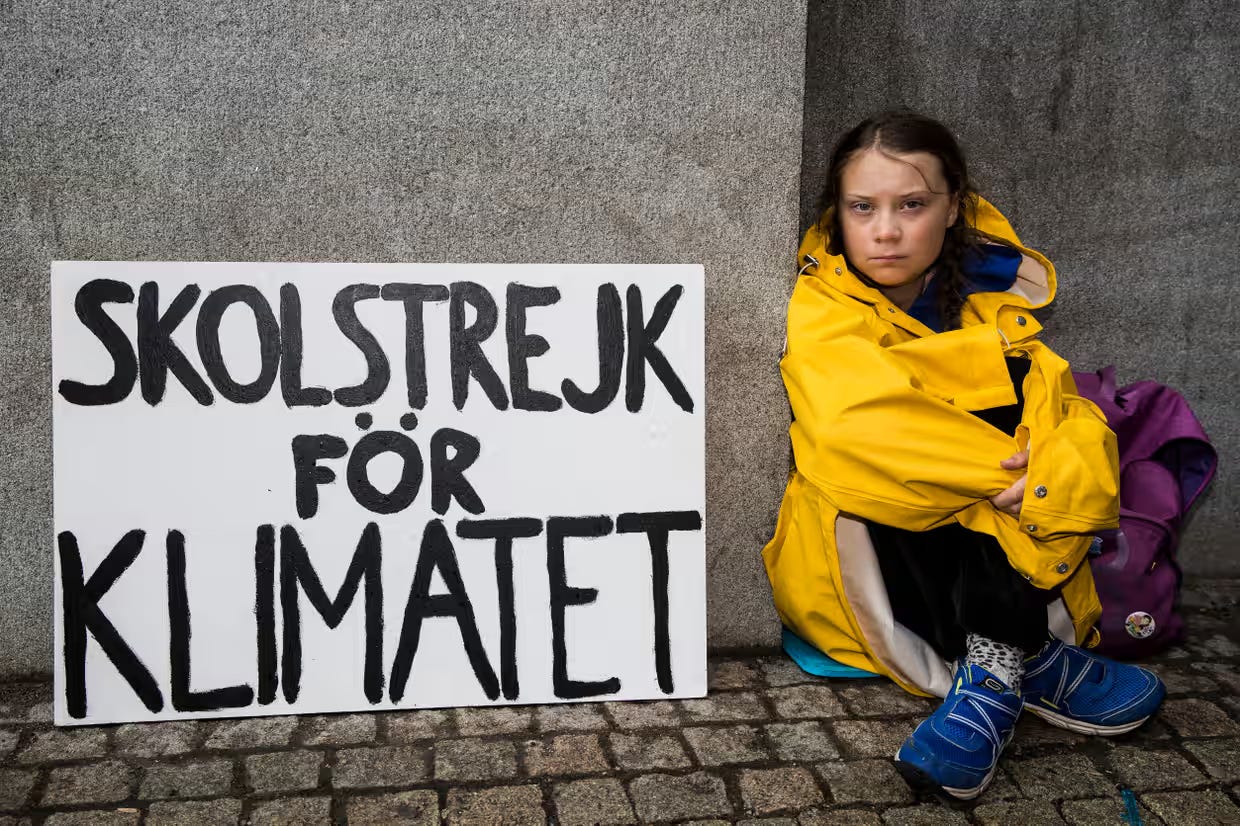Who gets to protest?
When our right to protest and freedom of speech are attacked, protesting becomes a privilege.
I have been thinking a lot about activism lately. There is an effervescence in society, we are all looking for deeper connections: in creating communities, in joining clubs - be it for reading, running, cooking - or moving back into the real, offline, world. We are looking for connections with like-minded people, to find the reassurance that we are not alone, one of these places is activism.
I have been thinking about the erosion of our rights to protest, the attacks on freedom of speech by “freedom defenders”, the undoing of the community, which birth grassroots movements, the drop in empathy, the threats from employers to employees who dare to unionise or go on strike… The more you look, the more you find: the erosion of our fundamental rights is the gift that keeps on giving.
All eyes are on the US right now. The world’s democratic lighthouse has gone dark and darker.
On 8th March, Mahmoud Khalil was threatened, arrested, displaced across state lines, and imprisoned in a detention facility. The attempted deportation of a lawful permanent resident (green card holder).1 Khalil is a recent Columbia graduate. Last year, he took part in the campus protest against the genocide in Gaza where he was a negotiator between the university and the students, who had set up an encampment on campus. This is why he was arrested, to prevent free speech and dissuade anyone from speaking up against the Trump administration or their ‘friends’.
But the truth is, the US right never actually cared about free speech. It was simply a ruse, intended to stigmatise any attempt to rebut its bigotry against largely voiceless minorities. The Trump administration has escalated the biggest onslaught against free speech since McCarthyism: even before its assumption of power, those opposed to Israel’s genocide have faced being deplatformed, victimised and indeed targeted by institutions like Columbia.
Threaten campuses, shut down debate: that’s what free speech looks like under Trump, The Guardian
Not to be cynical, but starting the detention of opponents by arresting a Palestinian protester is a tactic to create a precedent and open the door with minimal opposition. Thanks to the Biden administration, the anti-genocide protestors are already villainized and thanks to decades of islamophobia and the normalisation of the ongoing slaughter of Palestinians, they are already dehumanised, they already are the enemy. As
wrote in a terrific article:If the Trump administration wants to test out increased suppression of political speech, a young Palestinian activist is a good starting point. And that is indeed what they seem to be doing (…)
All eyes are on the US, if we had looked more carefully over the last decades we would have seen clearly. The US, as a democracy, was already fraudulent. But keeping our eyes on the US, a tanker sinking and spilling, is distracting us from what is happening in other places. Attacks on our right to protest and to strike, our freedom of speech and thought, happen in many democracies.
In the UK, Stop Oil activists were arrested and given lengthy sentences, disproportionate to their crime (recruiting protesters during a Zoom call). Suella Braverman, little angel of democratic destruction, the former home secretary, “acted unlawfully in making it easier for the police to criminalise peaceful protests”, the high court ruled. Of course, this does not stop at environmental protestors. In January, 40 legal scholars called for an independent inquiry into the Met’s policing of a pro-Palestine protest in London in January, describing it as “a disproportionate, unwarranted and dangerous assault on the right to assembly and protest”, the Guardian reported.
Even in France, the land of the strike, over the last ten years, strikes have decreased and attracted fewer people. According to Socialter, this drop in participation can be explained by the structural modification of the wage system and the increasing amount of barriers faced by employees, who dread punishment and pressures from their employers.2 Moreover, there are twice as many (16%) precarious employees as in the 80’s and the number of union members has been falling for a decade.
Freedom of speech and of assembly should not be privileges but we must recognise that it is easier, even less dangerous, for some people. The increased policing of protests, sometimes under the cover of the far-right threat, as in France, will leave some people voiceless. Sure, some may think of Mahmoud Khalil and not care (because, you know, he’s Palestinian) but we, as citizens are all concerned and should be taking action to protect our rights and those of others.
Right now, it is pretty clear who freedom of speech is for. The loud protectors of freedom only care about their freedom to say what they want and very much don’t care about ours. They don’t need a right to protest, they have back doors and VIP passes.
We already know that movements where women are included are more likely to succeed, we also know that women are more likely than men to participate in a wide array of protest activities. A 2022 study on intersectionality within the racial justice movement of 2020 found that “intersectional motivations played a significant role in mobilizing protest participants. Analysis of these factors helps explain the diversity of the crowd and provides insights into how the movement may contribute to greater success for racial justice and the degree to which the movement has staying power.”
Not everyone is able to protest or speak up, not everyone is allowed. Some cannot afford to travel or to take a day off and lose their wage, let alone put their jobs at risk because of the lack of workers’ protections. Some are more at risk of arrest, of violence, or are not able to participate. Then some don’t see the point, after all, many movements have failed.
I am not a rightful soldier here, the amount of protests i have attended is z e r o. I can’t afford to jump on the train to London whenever. I am also an immigrant and risk being deported (to Belgium, not bad, better even but that’s not the point) if convicted of a criminal offense. I don’t intend to be violent if/when i protest but all things considered in the UK, nothing says my rights will be respected (see the Stop Oil protestors). I want to get involved, and recently took a meaningful step towards it which feels incredibly good and i’m looking forward to what happens next.
I cannot write about protests without including a note on Iran - or Persia.
Iranian protests are “rooted in a century-old tradition of collective action against authoritarianism, writes Tim Brinkhof for JSTOR. A tradition which created “one of the most robust protest cultures in the world,” as Reza Aslan writes in An American Martyr in Persia: The Epic Life and Tragic Death of Howard Baskerville”.
Women have been at the front of many protests ever since 1979, but never like the Women Life Freedom movement were they the driving force. Their relentless effort in the fight for freedom is what we should aim for, the tactics of the authorities to clamp down on protests is what we should warry of.
Protests for freedom and democracy have been shaking the country’s autocratic leaders for decades, a leadership that was made possible - ironically - by mass protests and the mobilisation of women. Yet, yet hope survives. Despite the executions, the restrictions, the increased policing, and the systemic violence.
According to Amnesty International, in the two years aftermath of the Women Life Freedom uprising, the regime has intensified the use of the death penalty. According to Amnesty International, at least 853 people were executed by the authorities in 2023, a 48% increase compared to the previous year. Most people were executed arbitrarily after unfair trials and the real number of executions is likely to be much higher.
For an insight into the socio-political life in Iran, I recommend the instagram account from____iran which documents the voice of the people fighting for a free Iran (the ‘diary of a revolution’ are gut-wrenching, yet full of hope).

POST SCRIPTUM:
This is not the article i expected to write, sometimes your brain takes you to unexpected places, but i feel it was a necessary one. In Belgium, we sure love a strike or a protest to show our disagreement, it is a hard-earned social right. We also love to complain about strikes and protests but we rarely think about what they provided us with. We tend to forget, social rights are won, not given.
On the photography choice: protests can be violent, the police abuse forces and altercations between opposite groups happen. It is not what i wanted to show. Violence, especially systemic violence, is often invisible to those who don’t experience it. Acts of protest too, can be invisible or unidentifiable to those who don’t experience it.
Lastly, I would love to collaborate on a solution-oriented article, like a ‘how to protest at the end of democracy’, if any interested activists, writers, journalists, unionists, etc etc etc are reading this: hit me up in the comment or by message!
/ in parallel /
UK accused of undermining democratic rights with climate protest crackdown, The Guardian
The '3.5% rule': How a small minority can change the world, BBC
Most pictures were taken from this article: ‘It felt like history itself’ – 48 protest photographs that changed the world
This fantastic read on the culture of grassroot movements in the UK: The Rich History od Community Activism, Tribune
This actually does not matter, as put in ‘of course it’s a scare tactic’:
Some folks, by the way, keep bringing up Khalil's legal status, as if the state's detainment of a green card holder over political speech is worse than the state's unlawful detainment of an immigrant without permanent residence status. (…)
Immigrants with no legal status are being sent to Guantánamo, where god knows what's happening, and acting as though a more privileged immigration status is and should be the only factor keeping someone from gross mistreatment by the state is not a point we should want to concede. Ideally, our sense of morality is stronger than that.
serendipitous moment: i subscribed to the magazine at the end of February and the paper version, which contains the article “Le lent déclin de la grève” arrived just as i was writing this article.













